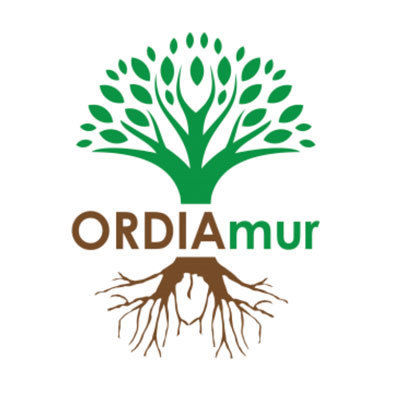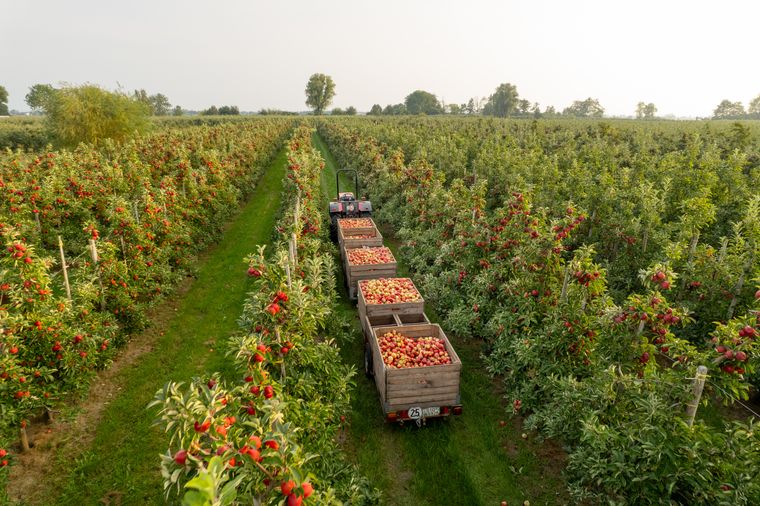Depending on the availability of new sites, the disease is a problem in apple and even more so in fruit tree production, for which commercially available diagnostics and economical, reliably effective countermeasures are still missing. In most cases, companies take a pragmatic approach to the risk of disease. Apple roots react to the replant disease and produce phenolic substances, including defense substances (phytoalexins), which are partly released into the soil. However, this defense mechanism of young plants becomes a problem when these substances lead to an accumulation of microorganisms at the soil-root interface that are able to tolerate these substances. As a result, the diversity of the rhizosphere microbiome, which provides important functions for plant growth, is reduced. Interestingly, microbial genes that encode enzymes for the degradation of phenolic substances are less strongly expressed in replanted soils. Strikingly, replanting disease is a very localized phenomenon. Both the imbalance of soil organisms and the reaction of the plant are highly localized. Microorganisms were isolated that could compensate for the observed deficits if the soil or plants were inoculated with them: an inoculum consisting of a bacterial strain that can break down phenolic compounds, a plant growth- stimulating bacterial strain and arbuscular mycorrhizal fungi was tested in greenhouse experiments. This inoculum shows positive effects in the treatment of replant disease, as does a second inoculum consisting of a mixture of already known plant growth-promoting bacteria and fungi.
However, trials under field conditions on the reference areas and with practice partners have shown only partially positive effects of the inoculations so far. Another option currently being tested to restore a resilient, diverse soil microbiome is the cultivation of catch crops, in particular catch crop mixtures in cooperation with the BonaRes project CATCHY. There are also clear differences in the communities of nematodes and springtails in the larger soil organisms in replicated and control soils.
The involvement of phytopathogenic nematodes postulated in the literature could not be confirmed. Rather, certain free-living nematodes and the microorganisms associated with them are important. Tolerant plants would be a sustainable solution. For this reason, apple rootstocks and rootstock varieties were tested in apple replant diseased soils. None of the genotypes tested were tolerant on all soils. However, individual genotypes were superior in certain soils. The consortium was able to show that apple plants in soils with replant disease exhibit strongly altered gene expression patterns, which made it possible to identify indicator genes that can be used to assess the severity of post-conversion disease as well as the effectiveness of countermeasures.

